20 November 2024
The Homelessness Partnership BCP is delighted to announce that it has achieved its highest ever membership of 55 organisations – just five years since its formation in 2019.
In a landmark achievement, a record number of services and charities have committed to pooling their resources, driven by a common goal of ending homelessness in Bournemouth, Christchurch and Poole.
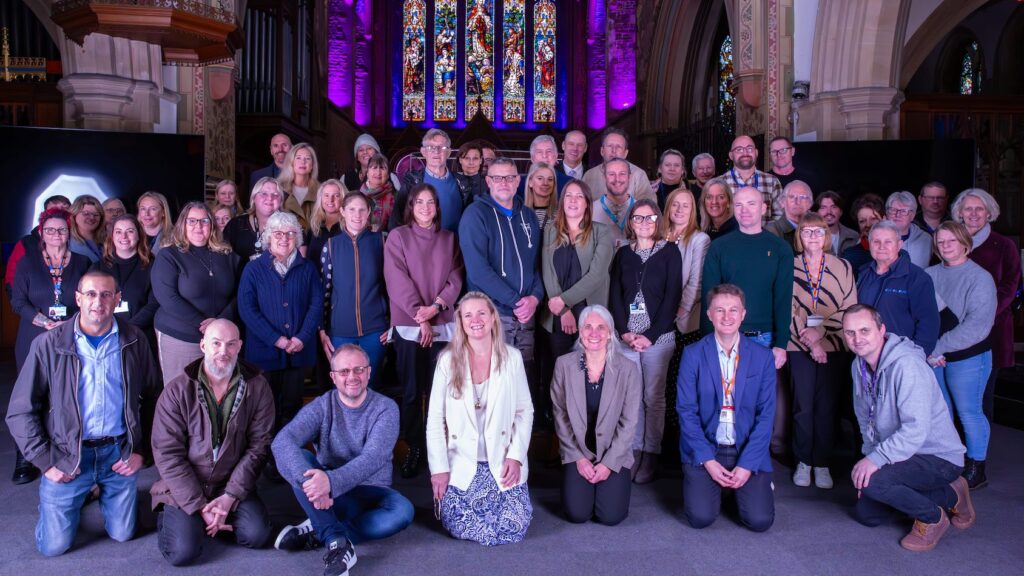
The latest organisations to join the partnership include Two Saints, which equips people with homes and specialist support; Centrepoint, a youth homelessness charity that provides housing, healthcare and education for young people in need, and the Space Youth Project, which offers support and community to young LGBT+ people in Dorset.
Tom Lund, Head of Operations & Service Delivery at Citizens Advice BCP, said: “Through its collaborative approach to finding solutions that prevent and ultimately end homelessness, every year the work of the Homelessness Partnership BCP directly and indirectly supports thousands of people across Bournemouth, Christchurch and Poole. Citizens Advice BCP has been a proud member of the partnership since its formation in 2019 and we look forward to continuing to work together as we strive towards ending homelessness.”
In line with the national picture, economic headwinds and global instability have threatened to drive increased family homelessness, rough sleeping and a rise in the number of asylum seekers needing assistance – from the cost-of-living crisis to high private rents, a lack of affordable accommodation and the conflict in Ukraine.
Members of the Homelessness Partnership BCP met at St Mike’s Church in Bournemouth on 19 November to firm-up plans to prevent homelessness this coming winter, with a focus on cutting the time that families experiencing homelessness spend in B&Bs and helping individuals to avoid long-term homelessness. Below, we look at five of the partnership’s key achievements – and future plans.
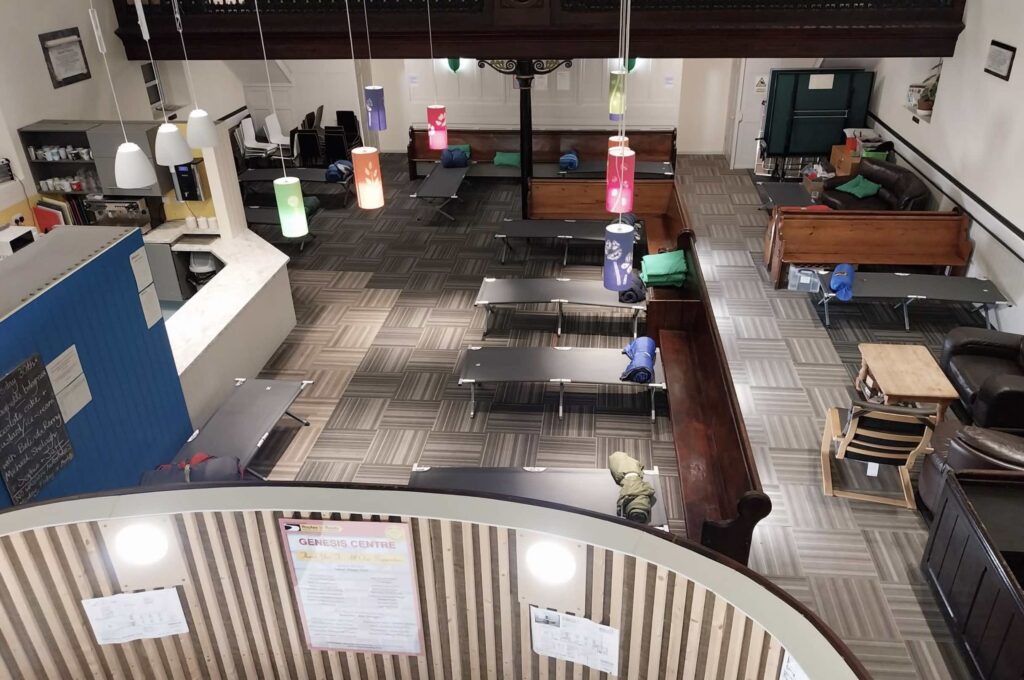
Image credit: Routes to Roots/The Genesis Centre
1. SWEP to expand ahead of winter
SWEP (Severe Weather Emergency Protocol), which is activated to provide safe shelter for vulnerable people during extreme conditions such as freezing weather, flooding and heatwaves, is being expanded ahead of winter. The number of locations offering shelter will be increased, with a new venue in Christchurch. St Mungo’s is working with Faithworks to train their volunteers, while Routes to Roots is extending its provision in Poole (pictured, above).
Last winter, SWEP was activated four times, providing emergency accommodation for more than 80 people who were sleeping rough. Crucially, 33 people remained in longer-term accommodation – testament to SWEP’s power to set people on the road to recovery.
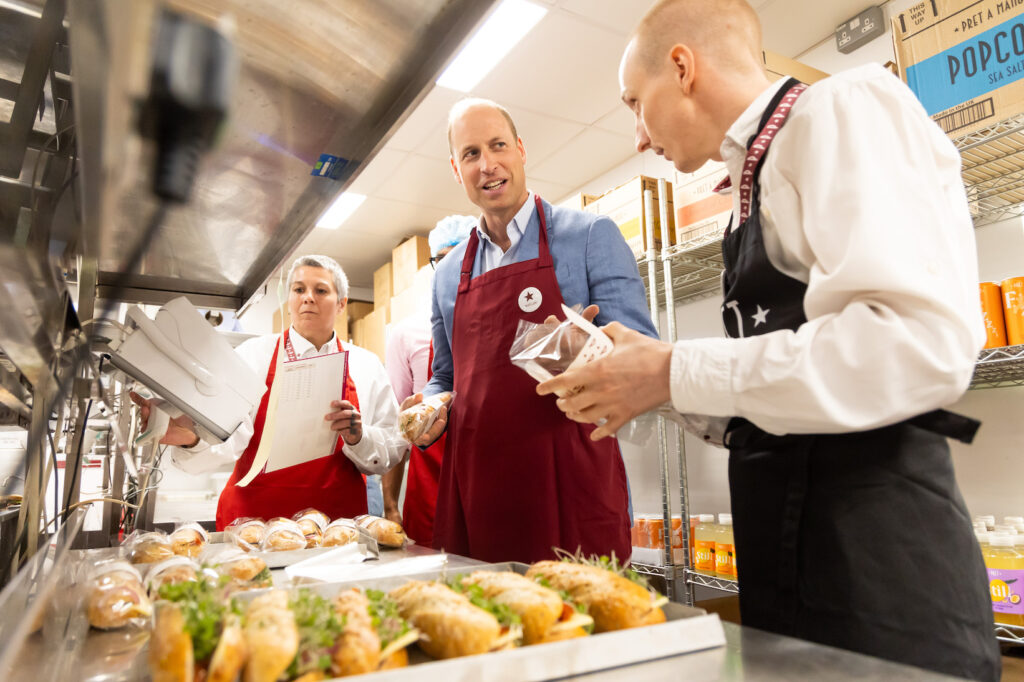
Image credit: Homewards/The Royal Foundation of the Prince & Princess of Wales
2. Homewards’ coalition engages local businesses
The partnership’s mission to end homelessness was given a major boost when the BCP area was selected as one of six trailblazer regions for Homewards. The five-year programme, created by Prince William and The Royal Foundation of The Prince and Princess of Wales, aims to demonstrate that together it’s possible to end homelessness, making it rare, brief and unrepeated.
One year on, work has brought the partnership to businesses (pictured, above) and philanthropists, as well as national and international specialists. This project will also involve leading on aspects of the BCP Homelessness and Rough Sleeping Action Plan, including work with young people, employer engagement, and co-production of homelessness services and pathways, ensuring that the voices of people with lived experience of homelessness shape future services.
Work with Homewards to reframe the narrative about homelessness is continuing at pace, addressing misperception, stigma and prejudice.
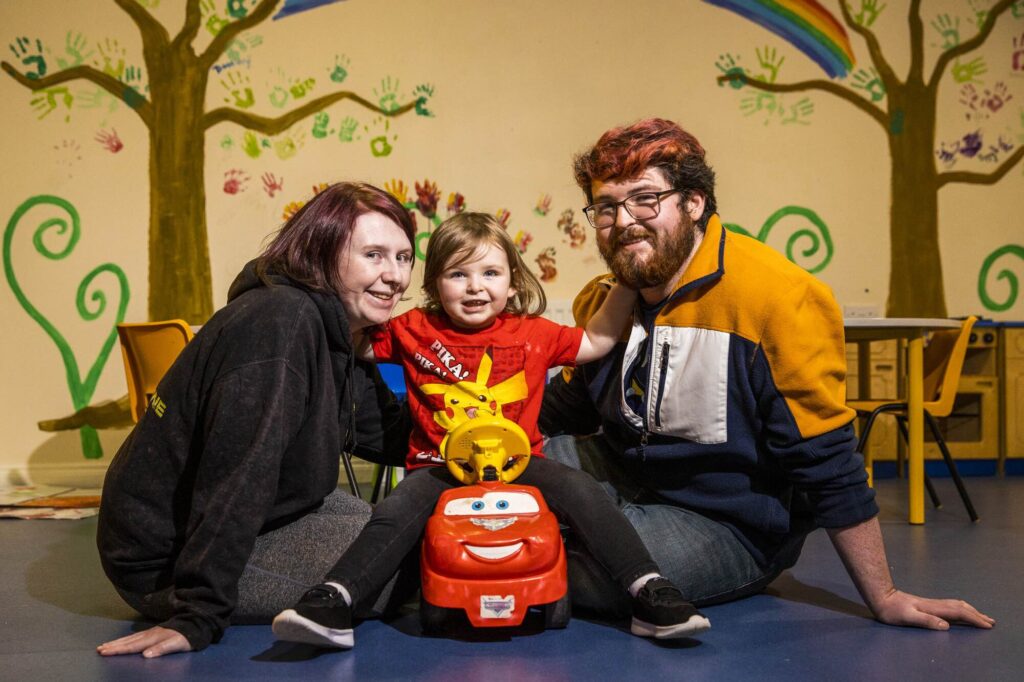
Image credit: Centre for Homelessness Impact /Liam McBurney/PA
3. New website helps people in crisis
A new, easy-to-navigate website for people in crisis was unveiled by the partnership this year – and it’s expanding. The site (www.hpbcp.org) ensures that anyone at risk of or experiencing homelessness can access support and advice in the BCP area.
Two new support hubs have recently been added: a new family support area offers a wealth of advice and local housing support for families at risk of homelessness. A new LGBTQ+ support area has been tailored to the needs of the community, focusing on how to find an LGBTQ+ friendly home – with advice on discrimination and support with finance, health and wellbeing. Further new support areas on domestic abuse and skills and training are set to go live before Christmas.
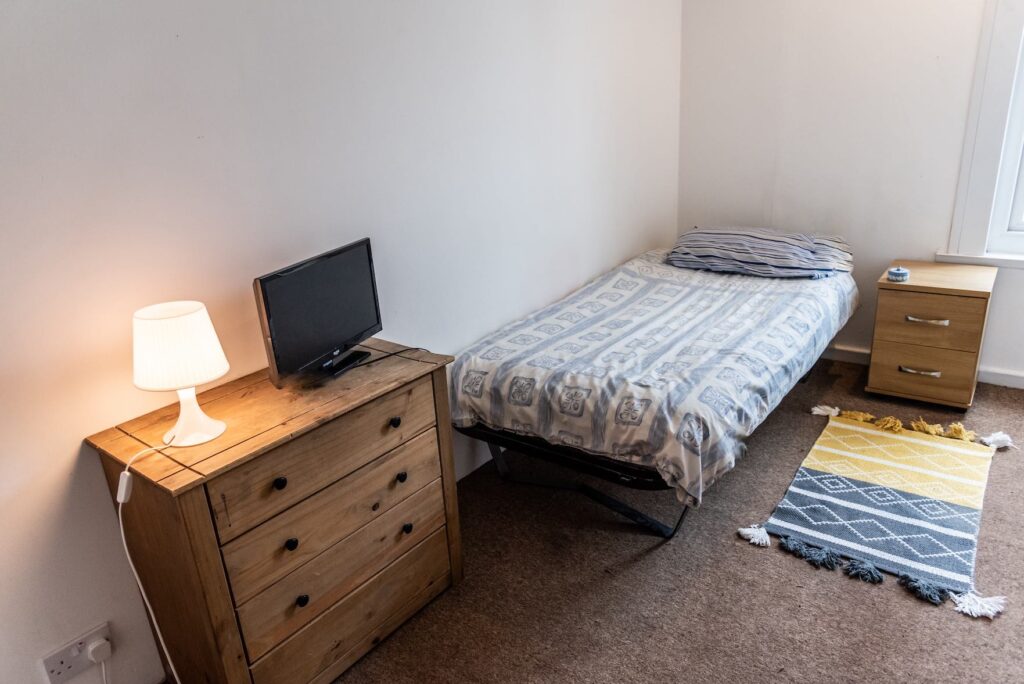
Image credit: BCHA
4. Multi-agency working supports people rough sleeping
Success has been achieved in supporting people who have experienced rough sleeping, thanks to a high level of multi-agency working, and has seen people move off the streets and into safe accommodation, including long-term accommodation. Most recently, 10 women have moved into long-term homes in a block funded by the government’s SHAP (Single Homeless Accommodation Programme) with a further 27 homes to follow soon.
In certain cases, where a person has experienced systemic disadvantage, there is no quick solution. Considerable work has been carried out in this area, including the creation of a Multi-Disciplinary Team which finds solutions to the most challenging situations.
This initiative has been boosted by the recent announcement that BCP is joining the MEAM (Making Every Adult Matter) Approach Network, which will build on progress by involving experts by experience and strengthening strategic direction.
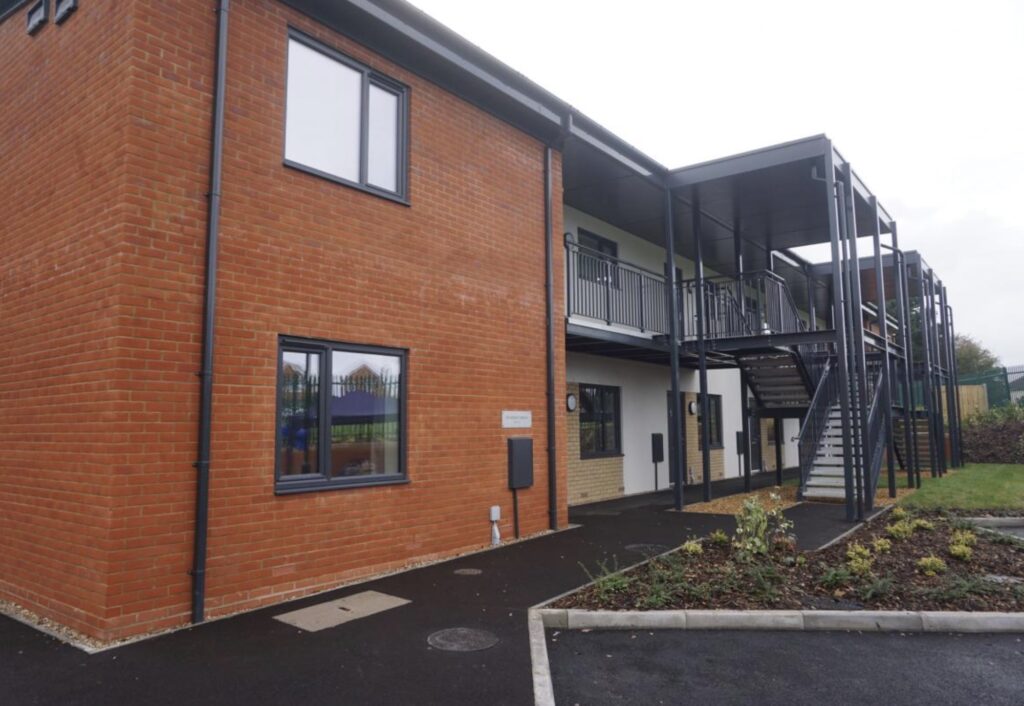
Image credit: BCP Council
5. Cutting family time in temporary accommodation
Nationally, the numbers of families losing their homes, often due to Section 21 ‘no fault’ evictions in the private rental sector, has reached crisis level.
In many cases, families who have never been at risk of homelessness have suddenly found themselves without a home, ending up in emergency accommodation. This increase has led to longer periods in such accommodation, which is often unsuitable.
A partnership working group has been in place, focused on stronger initial prevention and an improved experience while in temporary accommodation – including better facilities, and exploring potential solutions to the costly issue of storing belongings. New family temporary accommodation at Herbert Avenue in Poole (pictured, above) has housed 34 families to date.
To proactively prevent homelessness in the private rental sector, the partnership’s Let’s Talk Renting service ran roadshows throughout BCP this summer, supporting tenants with rent arrears, eviction notices and property disrepair. Find out more at www.hpbcp.org/lets-talk-renting.


